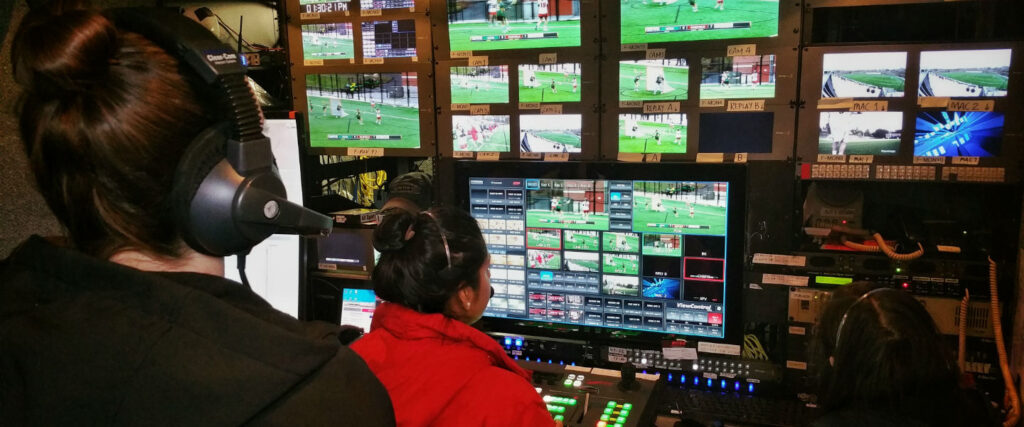Becoming a sports broadcaster requires a unique blend of training, skills, and techniques. It is not just about knowing the game; it is about translating that knowledge into engaging content that resonates with viewers. The journey to becoming a sports broadcaster often starts with a passion for sports and a desire to share that passion with others. Many aspiring broadcasters start by honing their communication skills, whether through public speaking courses, journalism programs, or media training workshops. One key aspect of training for sports broadcasting is developing a deep understanding of the sports industry. This includes studying the rules and strategies of various sports, familiarizing oneself with teams and players, and staying updated on current events and trends. It is not enough to simply know the basics; successful broadcasters need to be well-informed and able to provide insightful analysis and commentary.

Technical skills are also crucial in sports NBA중계사이트. This includes proficiency in operating broadcast equipment such as cameras, microphones, and editing software. Understanding how to use these tools effectively can enhance the quality of broadcasts and create a more engaging viewing experience for audiences. In addition to technical skills, storytelling is a fundamental technique used by sports broadcasters to captivate their audience. Being able to craft compelling narratives around games, players, and teams adds depth and emotion to broadcasts. This often involves researching background information, conducting interviews, and weaving together different elements to create a cohesive and engaging story. Another important aspect of sports broadcasting is developing a distinctive on-air persona. This involves finding a balance between professionalism and personality, allowing broadcasters to connect with viewers while maintaining credibility and authority. Developing a strong voice, mannerisms, and presentation style can help broadcasters stand out and build a loyal audience.
Practice and experience are essential components of training for sports broadcasting. Many aspiring broadcasters start by gaining experience through internships, volunteering at local stations, or creating their own content on platforms like social media or YouTube. This hands-on experience not only allows them to refine their skills but also provides valuable opportunities to network and make industry connections. Finally, continuous learning and adaptation are crucial for success in sports broadcasting. The sports industry is constantly evolving, with new technologies, trends, and challenges emerging regularly. Staying curious, open-minded, and willing to learn from feedback and experiences can help broadcasters stay relevant and excel in their careers. In conclusion, the making of a sports broadcaster involves a combination of training, technical skills, storytelling techniques, on-air persona development, practice, and continuous learning. It is a challenging yet rewarding journey that requires dedication, passion, and a commitment to delivering quality content to sports fans around the world.
